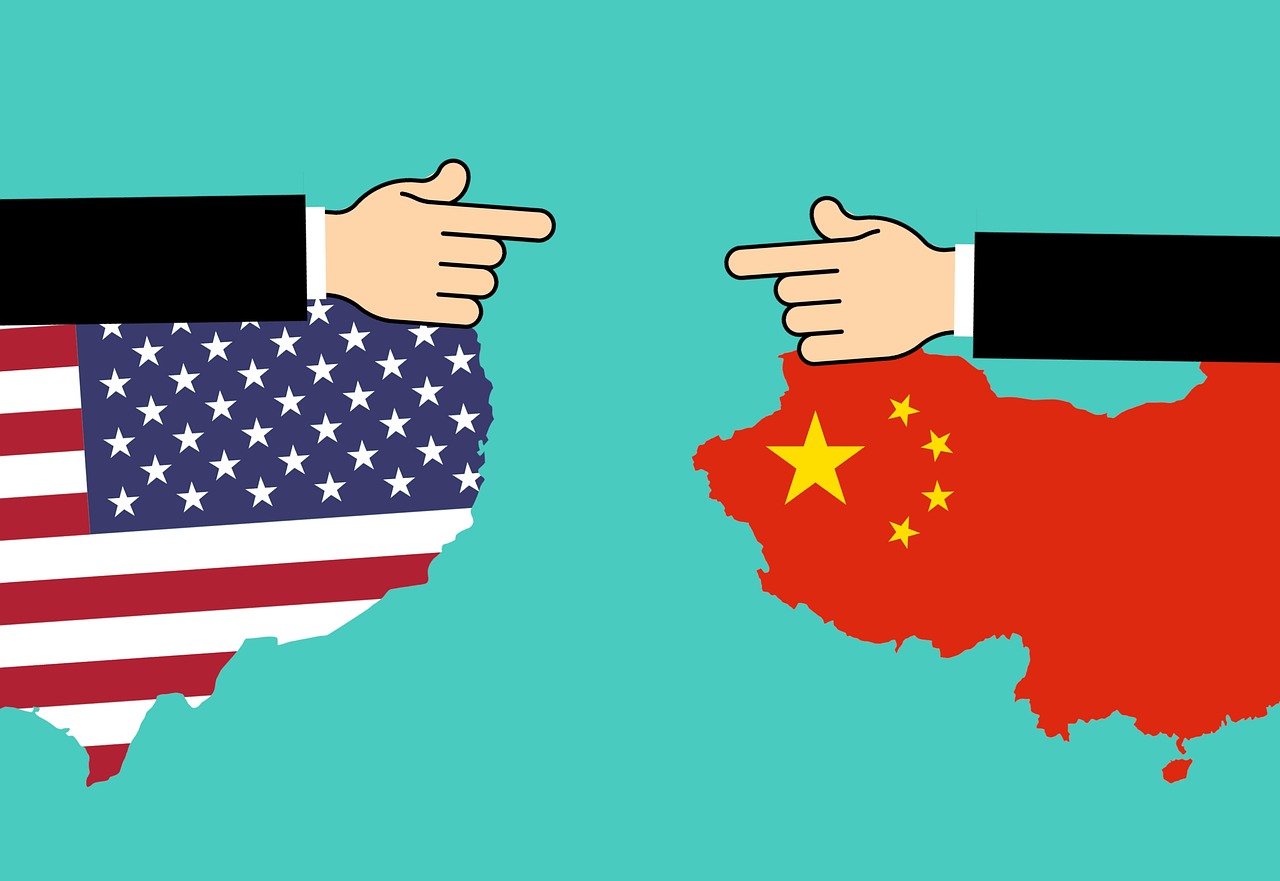
The confrontation between China and the US is rooted in a zero-sum competition mindset, as some in the US believe that China’s rise will inevitably come at the expense of the US. The author begs to differ.
In terms of aggregate economic output as well as comprehensive national strength, China still lags behind the US by a large margin. In 2017, the US accounted for 24.32% of global GDP, while China accounted for 14.84%, meaning the US produced twice as much as China in GDP terms. When it comes to comprehensive national strength, China is at best a regional power, while the US remains a global power. While China has a population four times larger than the US, the US leads China in the military domain by approximately 20 years, and spends thrice as much on defense. In aggregate and per capita terms, the US is far ahead of China. That means a stronger China will not necessarily result in a more assertive China, nor up the odds of confrontation with the US.
The 2008 global financial crisis plunged the US into prolonged chaos, and presented a downward inflection for the US, which is attributable to the credit excesses in the US and the fiscal deficit-inducing Iraq war, rather than as a direct outcome of China’s growth and development.
China is not responsible for the diminished US influence in world affairs. Rather, China has been reaching out to the US to cooperate on major international affairs such as counter terrorism and nonproliferation. The Trump administration has taken the US out of an array of international obligations, including the UNESCO,UN Human Rights Council, the Paris agreement, and the TPP, primarily driven by a passing-the-buck approach to international affairs and inward looking policy considerations such as protectionism. The US chose to lessen its footprint on its own accord.
Also, the US’ military intervention leads to reduced influence around the world. There are multiple reasons behind the perceived decline of American influence, especially compared with the immediate years after WWII. The US has not come up with new approaches in line with an ever evolving world teeming with new threats.
China and the US have a highly interdependent relationship, and American decline does not mean Chinese ascendancy. Neither would one benefit from decline of the other. When everything runs smoothly, the critical importance of a good China US relationship may be taken for granted, but it will come to the fore when pressing global issues call for cooperation and coordination between the two powers.
The two countries are bound together by ever expanding shared interests.
There are over 150 pairs of China-US Sister Cities. Which of the following sister cities was the ear
1. Nanjing and St. Louis, MO
In 1979, Nanjing and St. Louis became sister cities. St. Louis became the first city in the U.S. to be linked with a sister city in Mainland China.
2. Shanghai and San Francisco, CA
3. Chongqing and Seattle, WA
